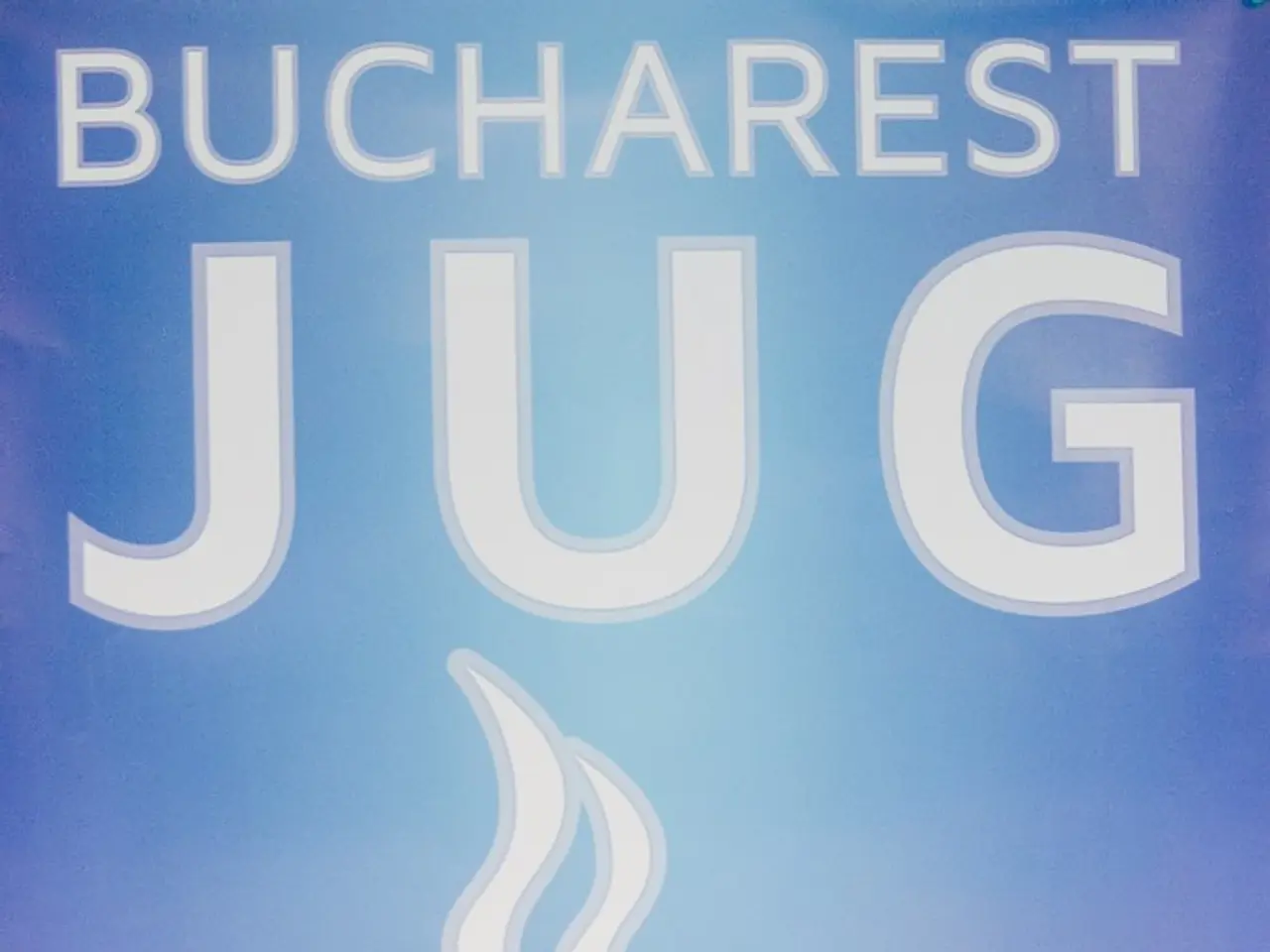Gulf Cooperation Council (GCC) Countries Boost Public Expenditure to Reach $542 Billion by 2025
Unleashing the Gulf: GCC Countries Shift Gears for Robust Development through 2025
The Gulf Cooperation Council (GCC) nations – UAE, Saudi Arabia, Oman, Kuwait, Qatar, and Bahrain – are revving up for a major economic boom, as they plan to ramp up public expenditure to a whopping $542.1 billion by 2025. This move is expected to propel the region towards a period of substantial infrastructure development and economic expansion, according to the GCC Statistical Center (GCC-Stat).
These nations are preparing to kick off a slew of crucial projects, in line with their strategic plans, to accelerate growth. This surge in spending marks a significant milestone in the region's journey towards non-oil-dependent economies and sustainable development.
Despite the significant budget boost, the GCC's overall government income is anticipated to remain steady. GCC-Stat projects total public revenues to hit approximately $487.8 billion in 2025, with oil revenues maintaining their prominent role in state finances. However, the region is expected to grapple with a combined budget deficit of $54.3 billion in 2025. To bridge this gap, GCC nations intend to leverage their reserves and engage in domestic and international borrowing.
The GCC nations display a pragmatic approach to setting break-even oil prices in their budgets, taking into account global economic uncertainties and the oil market's volatile nature. This measured stance aims to manage fiscal risks and provide a stable foundation for ongoing development ventures. The region's economic outlook remains optimistically cautious through 2025.
A glimpse into the GCC's strategic plans reveals an emphasis on the following key areas:
- Economic Diversification: The GCC countries are keen on reducing their reliance on oil by bolstering sectors like real estate, tourism, manufacturing, and transportation. Investments in cutting-edge infrastructure, particularly in ports, logistics, and automotive markets, are fueling growth. Saudi Arabia dominates automotive sales and parts re-exports, while the region aspires to develop local manufacturing to curb imports and boost exports, capitalizing on its prime location as a global transit hub.
- Housing Sector Development: The UAE and other GCC members are prioritizing the housing sector as a cornerstone for social stability and sustainable development. Their initiatives align with the UN Sustainable Development Goals, focusing on safe, affordable housing integrated with eco-friendly infrastructure, smart building technologies, and energy and water efficiency. These projects are integral parts of the UAE's "We the UAE 2031" vision and echo broader regional efforts to enhance the quality of life and promote integrated urban development.
- Enhanced Regional and International Partnerships: The GCC is bolstering cooperative ties with ASEAN countries and China through summits that focus on economic integration, tourism, cultural exchange, and maritime security. This collaboration supports diversification strategies, particularly in tourism and halal food industries, and ensures the security of critical maritime routes like the Straits of Hormuz and Bab al-Mandab Strait. These efforts sustain regional stability and secure vital trade flows, essential for sustaining energy supplies and supporting international commerce.
- Specialized Economic Zones: Countries like Kuwait are developing development plans for 2024-2025 that involve establishing specialized economic development zones with tailored regulatory frameworks to attract top-tier foreign investment. These zones are designed to foster international partnerships, stimulate economic diversification, and improve Kuwait's Investment climate, connecting it more closely to the global economy.
The GCC's increased public expenditure for 2024–2025 will primarily be directed towards:
- Promoting economic diversification through sectors like real estate, tourism, manufacturing, and transportation infrastructure
- Developing sustainable and affordable housing in harmony with climate goals and social stability
- Bolstering international partnerships, particularly with ASEAN and China, with a focus on trade, tourism, and maritime security
- Establishing economic zones to lure overseas Investment and drive economic diversification
Collectively, these development plans aim to secure long-term growth, sustainability, and regional stability amid the shifting global economic landscape.
News Source: Emirates News Agency
[1] https://www.arabianbusiness.com/economy-finance/994736-saudi-arabia-becomes-second-largest-car-exporter-in-the-middle-east
[2] https://www.khaleejtimes.com/real-estate/uae-property-dubai-property/dubai-real-estate-sector-will-soon-touch-100bn-who-made-this-possible
[3] https://gcc-stat.org/en/summit/gcc-asean
[4] https://labour.gov.ae/wps/wcm/connect/the_labour/NewsArticles/2021/Aug/mohelt-participates-in-kw-govts-investment-forum-for-2024-2025)
[5] https://www.reuters.com/business/middle-east/kuwait-plans-investment-areas-attract-foreign-investments-report-2021-07-30/)
The GCC nations aim to allocate their increased public expenditure towards financing the development of economic diversification sectors such as real estate, tourism, manufacturing, and transportation infrastructure. To foster international partnerships, particularly with ASEAN and China, the GCC countries plan to establish specialized economic zones with tailored regulatory frameworks, thereby attracting top-tier foreign investment and driving economic growth. The development of sustainable and affordable housing in alignment with climate goals and social stability is a key focus for nations like the UAE, emphasizing the importance of business growth within this area as well.






